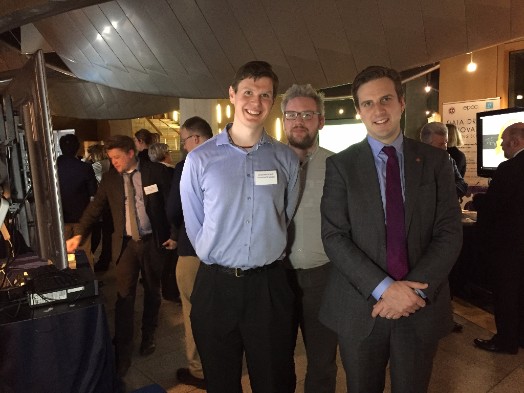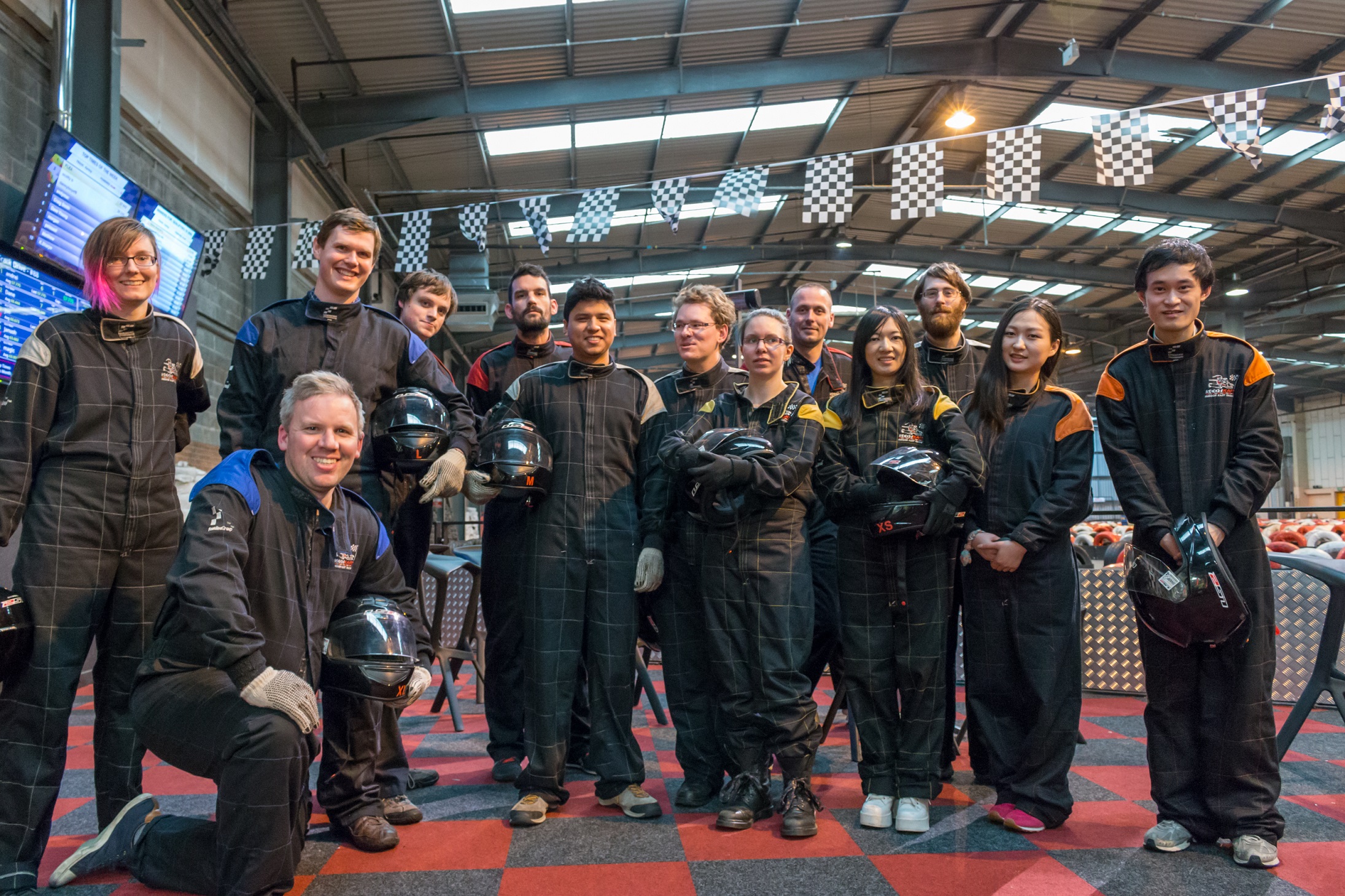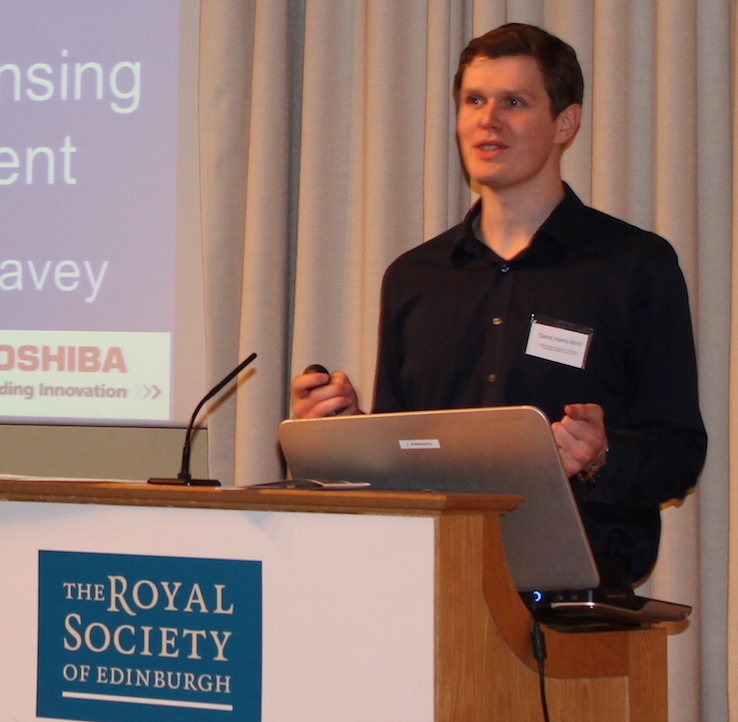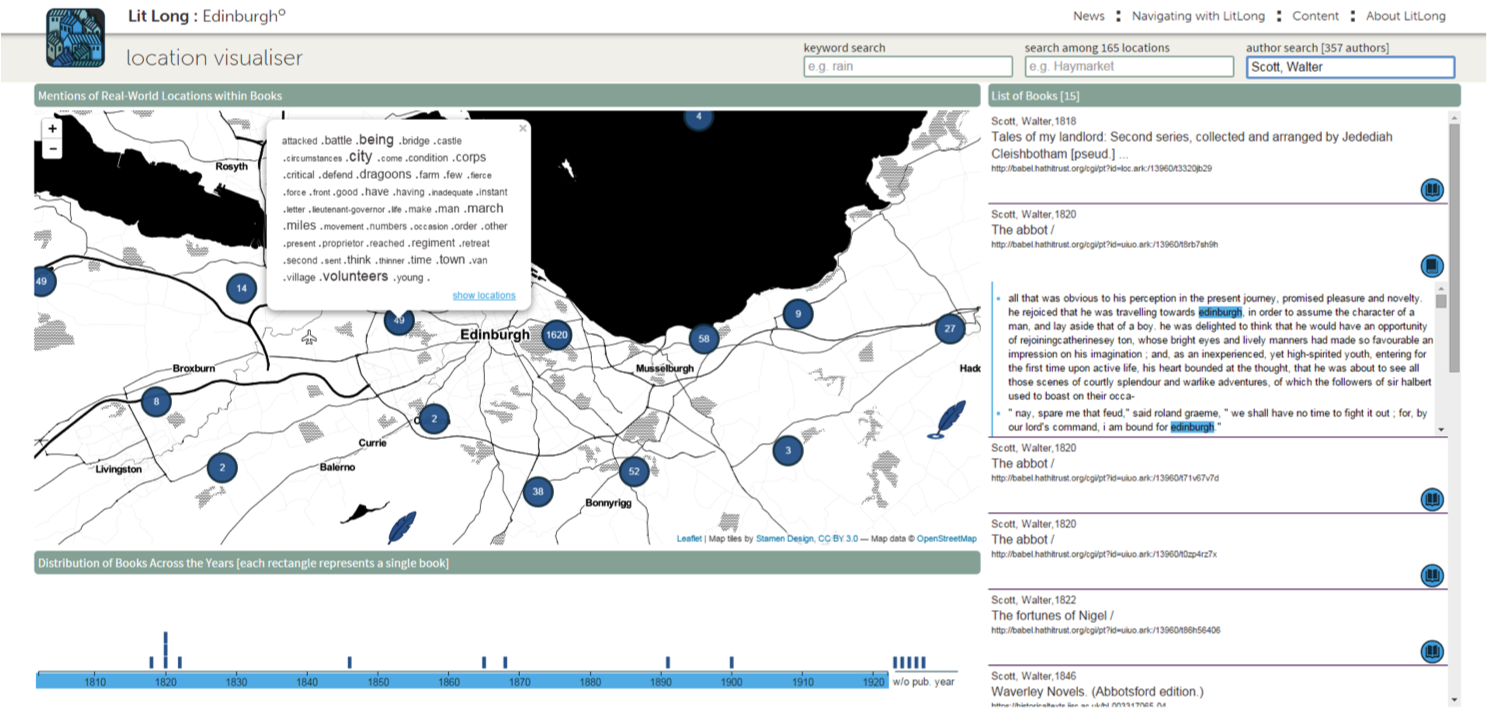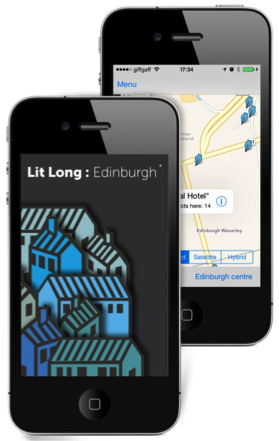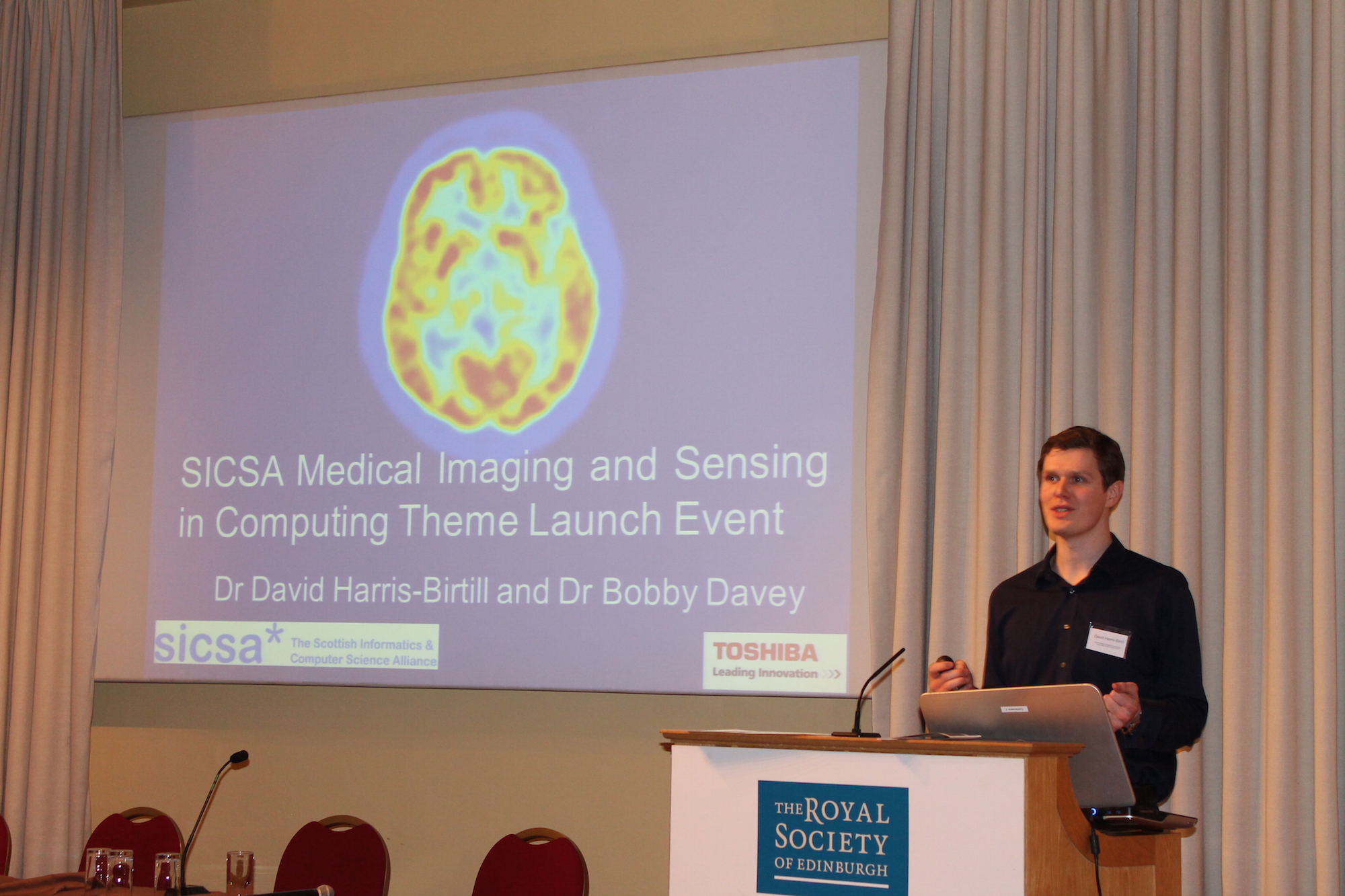
Dr David Harris-Birtill has been awarded full funding for the new SICSA knowledge exchange theme
We’re delighted to announce the launch of the new SICSA knowledge exchange theme: Medical Imaging and Sensing in Computing. Led by
Dr David Harris-Birtill from the University of St Andrews’ SACHI group, David has been awarded full funding for a series of events to foster new development and collaboration on this topic. (see full
SICSA news item)
The theme will run until 31st July 2015 and will have events open to all universities in Scotland, stimulating new ideas, connections and collaborations in this exciting and dynamic field. Dr Robert Davey from Toshiba Medical Visualization Systems is the industry expert who will also be working with us on this theme, providing useful input on the commercial application of this area.
What does the new SICSA knowledge exchange theme cover?
Computing has provided significant technological advancements within medicine over the last decade, contributing to medical imaging within MRI and X-ray CT, PET and ultrasound and optical imaging, and in recent years, advances in smart phones and wearable sensors have also enabled patients and clinicians to get complementary information. These imaging and sensing advances impact the general population as they have found methods to detect cancer, detect arterial plaque which leads to heart attacks, and guide cancer radiotherapy treatments by providing information on how much radiation dose to give to which parts of the body.
By starting this new SICSA theme, Medical Imaging and Sensing in Computing, like-minded researchers across Scotland can form a new intellectual community, promote their research, and foster creativity across institutions and collaborations between academia and industry. In addition, computer scientists involved in other research fields, such as machine learning, will be invited to connect their relevant work to the field of medicine, sparking innovative new projects. Toshiba Medical has highlighted that local industry needs to connect with talented young academics to help stimulate new ideas, engage with academia to find joint funding for industry focused research, and attract talented personnel for recruitment in such a rapidly-growing field.
New areas of research and development needed within industry include extracting useful medical information from wearable sensors, and getting information from large data sources, such as vast medical image and data stores, to help detect disease earlier and make chronic illnesses more treatable. Ultimately this theme enables researchers from across Scotland at all stages of their careers to make meaningful connections with other academics and industry members, to work together to improve patients’ lives. We look forward to the first event!
